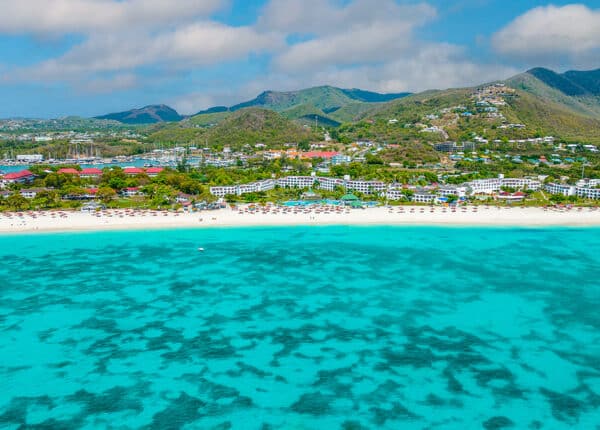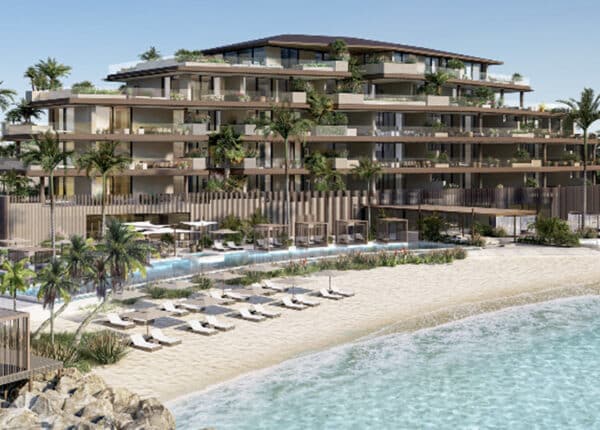Dominican Republic Unveils “Ambitious and Comprehensive” Citizenship Plan
Above: the National Palace in Santo Domingo
By the Caribbean Journal staff
The Dominican Republic unveiled today what the country is calling an “ambitious and comprehensive” immigration plan aimed at dealing in part with the country’s ongoing citizenship issue involving Dominicans of Haitian descent.
“The government has set up, in record time, the most ambitious and comprehensive plan in the country’s history in this area,” said Alejandra Liriano, deputy foreign minister of the Dominican Republic.
Liriano said the plan dealt with two main areas: the situation of “irregular foreign migrants,” and nationals who “do not have their papers in order.”
The Dominican Republic said with its immigration plan it could normalize the immigration status of “thousands of people from over 100 nations who are currently illegally in the country” in the next 14 months.
She said the government would also launch an “extensive programme of outreach and advertising” to encourage people to engage with the regularization plan.
On the issue involving children of “undocumented migrants,” Liriano reiterated what she called a “strong stance” of the Dominican government that “no person having Dominican nationality will be stripped of it.”
A Dominican Constitutional Court decision in September 2013 found that children born to parents who were considered “in transit” in the country were not considered citizens of the Dominican Republic.
That ruling, which applied retroactively to anyone born since 1929, disproportionately impacted Dominicans of Haitian descent — as many as 200,000 people.
The ruling has led to tensions between the country and the rest of the Caribbean region, particularly Haiti.
“It is important to note that this process does not affect the children of immigrants born in this country who have at least one parent that was legally resident in the Dominican Republic,” Liriano said.
Among the provisions of the plan, released as a decree signed by Dominican Republic President Danilo Medina, included a ban on deportation of foreigners in an “irregular migration situation” during the 18-month period of the execution of the plan.
The plan also echoed provisions of an immigration decree released at the end of last year, which said it would consider several factors when determining regularization, including ties with Dominican society, labour and socioeconomic conditions, among others.
“Ties with Dominican society” included several linguistic criteria, including competence in both written and spoken Spanish, according to the decree.
The decree said that those who do not qualify for regularization following the 18-month implementation period would be subject to deportation.
In order to engage with the plan, every “foreigner” must present personal identity documents on order to be entered into a “registry of evaluation,” which would include biometric data and finger prints, the decree said.
The announcement of the new plan, made to the United Nations Human Rights Council in Geneva, came two days after high-level talks between Haiti and the Dominican Republic in the city of Jimani.
To read the new plan (Spanish only) click here.







